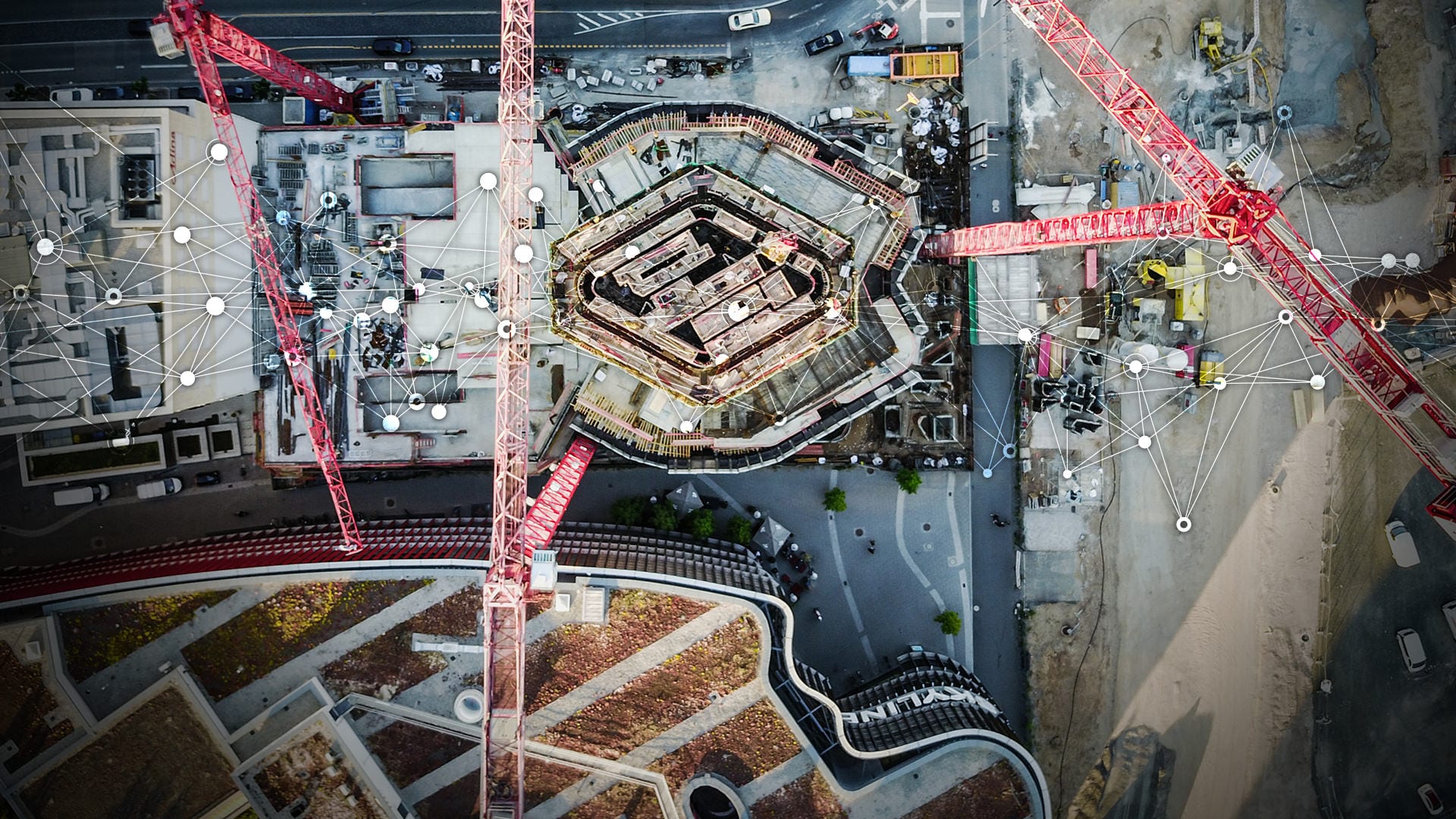Help us improve your experience. See content that is made for you!
See how IBM increased their efficiency by up to 30%!

Help us improve your experience. See content that is made for you!
See how IBM increased their efficiency by up to 30%!


Casual conversation about artificial intelligence (AI) might suggest that the technology is optimizing every industry it touches. But if you ask anyone with a technical understanding of AI, they will tell you how complex its development is and reinforce there’s still a ways to go until we can say it is close to reaching its revolutionary promise. The reality is that like most other technologies, AI is maturing incrementally to transform outcomes for those who use it. Steadily building on each incremental development is what will truly deliver industry-wide AI-enabled transformation.
For this transformation to fully take place in the construction industry, AI solutions must minimize time, money and material waste across the building lifecycle so demand can be sustainably met. As a software provider, Autodesk is committed to helping our customers across the globe meet the world’s rapidly expanding building and infrastructure needs, while making construction more predictable, safe and sustainable.
We recently acquired Pype in pursuit of this goal and today we are pleased to announce that the transaction is complete.
When we talk to our customers, we often hear they are losing valuable project time because their teams must focus on tedious tasks like manually recording basic project information. The construction industry wants intelligent technology to automate some of that laborious but foundational project information management so teams can not only save time and minimize errors, but also remain focused on activities where their expertise is needed.
Pype provides that solution – the team has built a robust, best-in-class AI product that improves risk management and quality control. Construction project teams can use Pype’s applications to automate workflows such as submittals and closeouts, reducing manual entry and human error that can lead to rework, cost overruns, schedule delays and material waste. With the Autodesk Construction Cloud and Pype teams now joining forces, customers will be able to reduce project risk and maintain quality control throughout the entire project lifecycle.
And as evidenced by Pype's success, its talented team operates with a customer-centric, problem-solving mindset – just like the Assemble, BuildingConnected and PlanGrid teams that joined Autodesk in 2018 and 2019.
Integrating Pype's technology and customer network into Autodesk Construction Cloud bolsters both our technical and industry expertise and helps us address AI challenges to deliver the intelligence needed to advance construction’s digital transformation.
One of the most fundamental components to developing effective AI solutions is ensuring they are derived from human expertise. Building effective AI models is just one piece of the puzzle. Domain experts must train, monitor and adjust these models continuously so that the models can deliver accurate intelligence to augment human expertise. With the Pype team’s construction industry expertise, we can now draw on additional feedback for our products and enhance our ability to help customers deliver more value on construction projects.
Joining forces with Pype’s technical team also allows us to continue investing in cutting-edge technology architecture like microservices– a product-building approach in which we can break down the main features of our products into standalone services in order to develop and scale them independently. Using the flexible and cost-effective microservices approach enables us to regularly deliver product updates to customers and help enhance their project management workflows.
Welcoming Pype to the Autodesk family adds powerful momentum to Autodesk Construction Cloud’s development for the global construction industry, and we are getting straight to work – here’s to many incremental AI advancements to come.

May we collect and use your data?
Learn more about the Third Party Services we use and our Privacy Statement.May we collect and use your data to tailor your experience?
Explore the benefits of a customized experience by managing your privacy settings for this site or visit our Privacy Statement to learn more about your options.